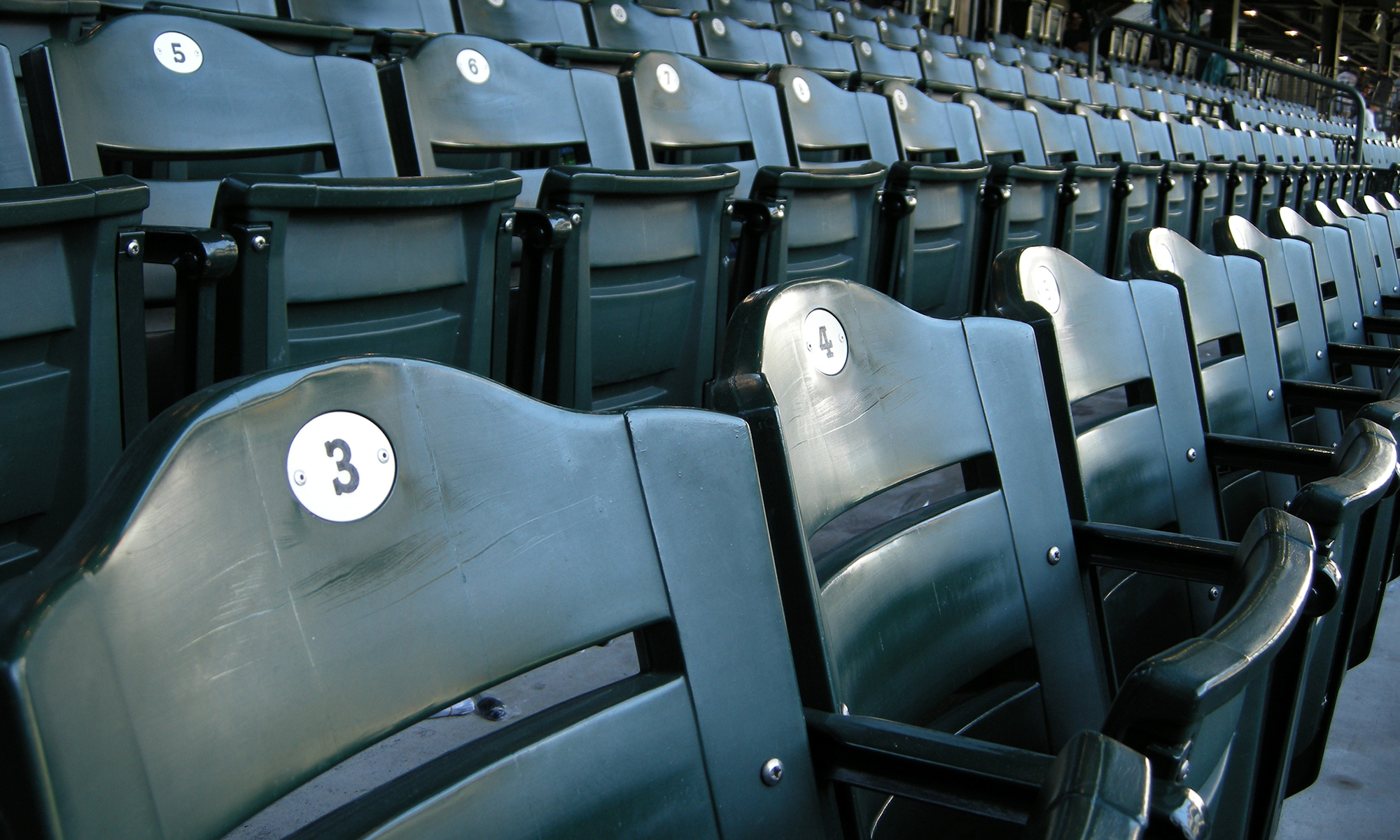“It Just Means More.” The slogan of the Southeastern Conference (SEC) has long symbolized the prestige and tradition of its collegiate sports programs. But could the SEC be preparing to forge its own path? Recent statements made by SEC Commissioner Greg Sankey on May 26, 2025, in response to swirling rumors about a potential departure from the NCAA, suggest the SEC might be positioning itself to become the first power conference to actually break away. During the highly anticipated spring SEC meetings, reports emerged that the presidents of SEC member schools had granted Commissioner Greg Sankey the authority to withdraw from the NCAA if he believed it was in the conference’s best interest. However, Sankey denied those claims, stating, “I don’t have the authority to just depart [the NCAA]. That’s not been voted upon. I’ve shared with the decision-making working group—I have people in my room asking, ‘Why are we still in the NCAA?’” While it remains unclear whether Sankey will ultimately lead the SEC out of the NCAA, the conference is clearly distancing itself and emphasizing the need for a governance model that aligns with the evolving landscape of college sports.
The timing of these reports appears conveniently aligned with the SEC’s broader push to gain greater governing control over collegiate athletics amid the turbulence surrounding the pending House v. NCAA settlement, the introduction of a new revenue-sharing model, and the restructuring of the College Football Playoff system. Under the proposed settlement in the House case, the Power Five conferences would hold up to 65% of the voting power on rulemaking committees across a range of decisions. The SEC has suggested increasing that figure to as much as 68%. Meanwhile, commissioners from smaller conferences have voiced concerns about the potential erosion of checks and balances if the SEC and Big Ten are allowed to dominate the governance of college sports.
The idea of breaking away from the NCAA has been circulating among Power Four schools—particularly the Big Ten and SEC. Despite being granted more autonomy than other conferences, some leaders remain dissatisfied with the current structure of college sports governance. Commissioner Greg Sankey has repeatedly acknowledged that the SEC is seeking greater authority and independence within any new governance model, and the mere suggestion of an NCAA exit appears to serve as a significant bargaining chip toward that goal. This stance is reflected in the SEC’s recent actions, including its partnership with the Big Ten to form a joint advisory group aimed at addressing the mounting challenges facing college athletics. The group was created to confront issues such as recent court rulings, ongoing litigation, inconsistent state laws, and complex governance proposals. While both conferences have stated they are not currently planning to leave the NCAA, the formation of this advisory group raises important questions about the NCAA’s future role in governing college sports.
